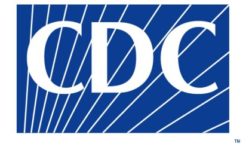Workplace Health
CDC wants more state Medicaid coverage for smoking cessation programs
Few states provide comprehensive coverage
March 31, 2014
Public health
Screening would-be immigrants for TB saves U.S. millions
CDC recommendations mean detection, treatment prior to arrival
March 28, 2014
Too close to the TV
Myth: Watching TV for too long or sitting too close can damage your eyes
March 27, 2014
Want to cut back on salt? Use herbs and spices instead
But being trained how to do it is even better
March 21, 2014
Never miss the latest news and trends driving the safety industry
eNewsletter | Website | eMagazine
JOIN TODAYCopyright ©2024. All Rights Reserved BNP Media.
Design, CMS, Hosting & Web Development :: ePublishing








